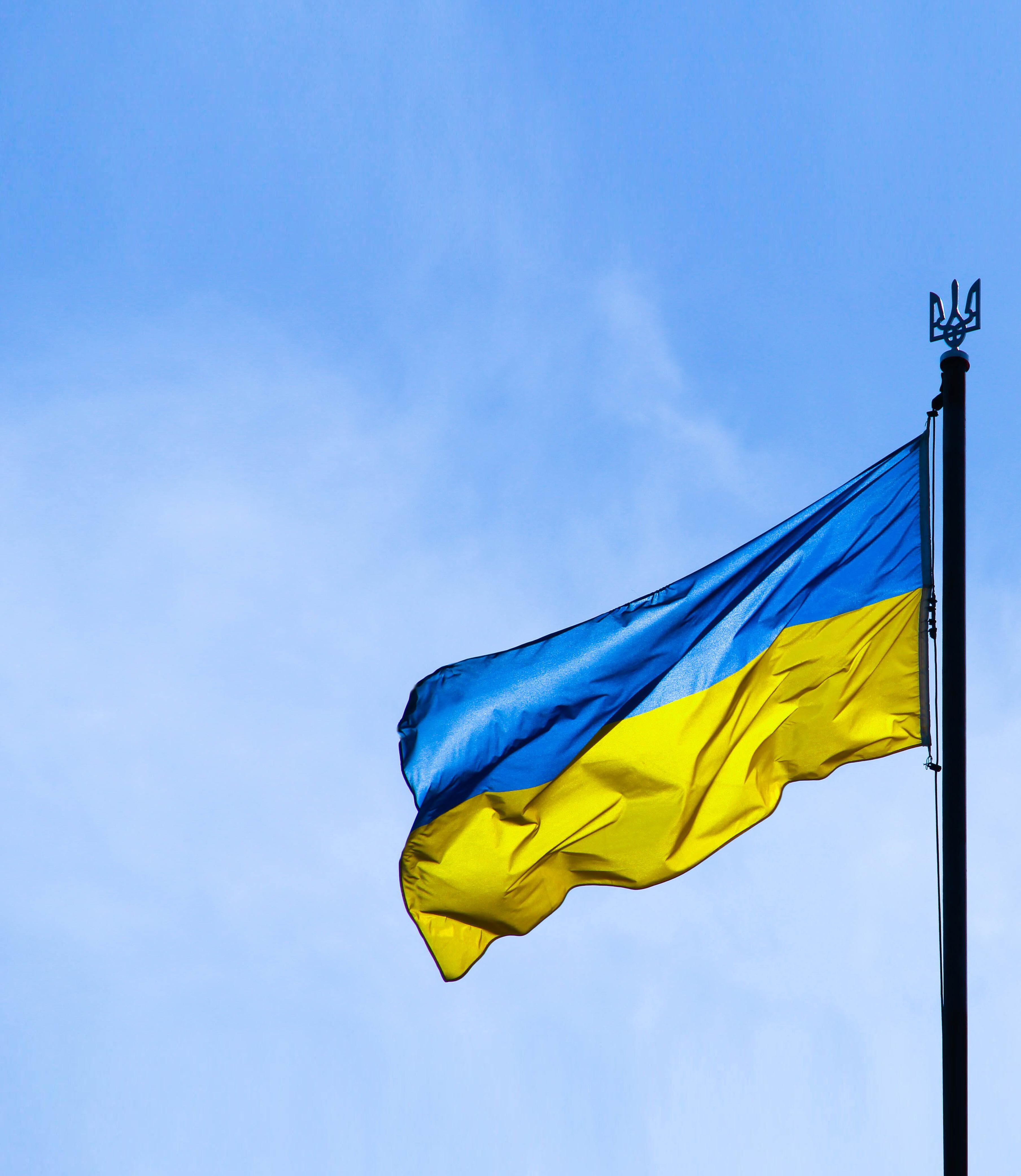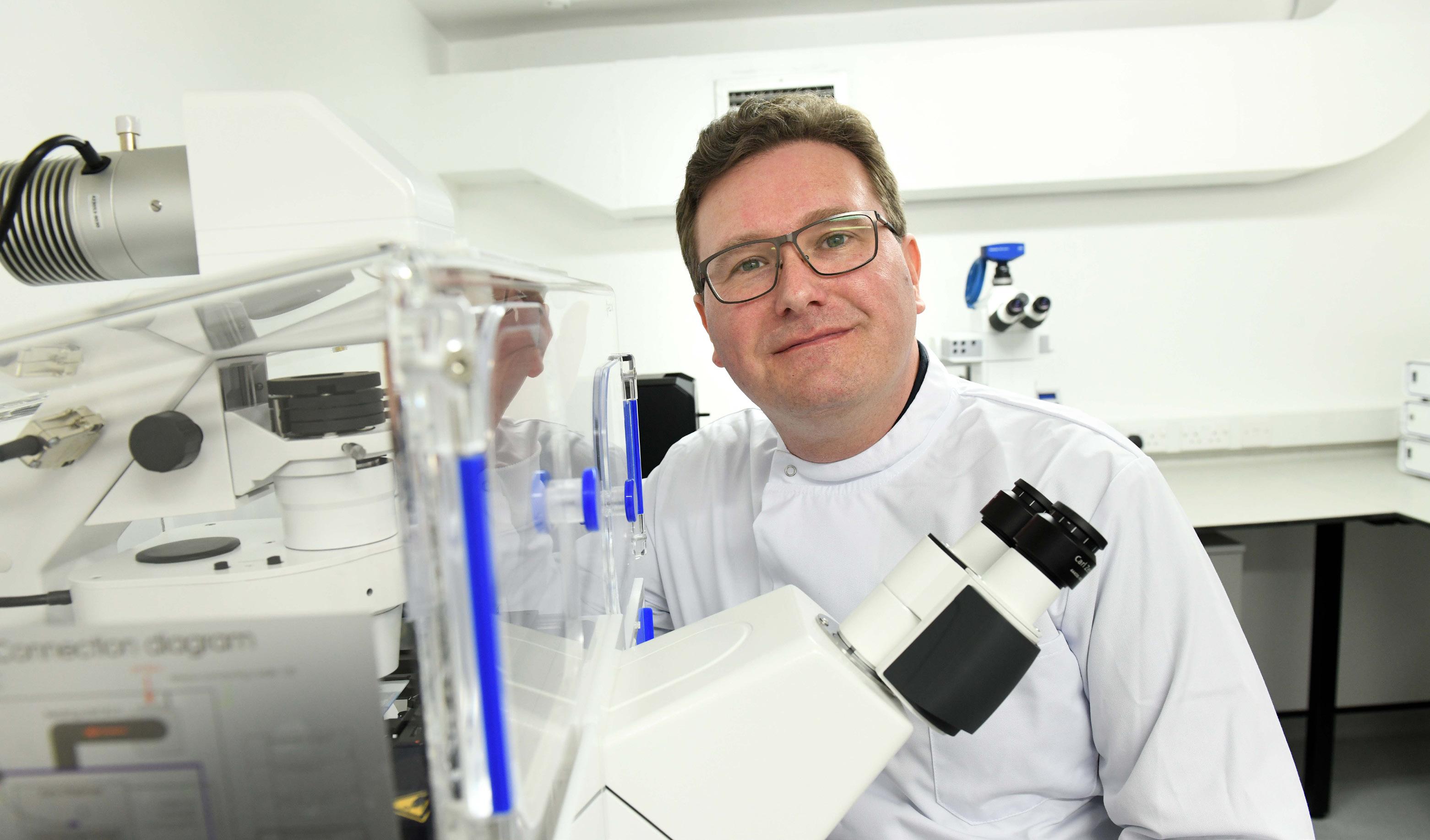
2 minute read
Major study into role of WW2 conscientious objectors
In the first major study of WW2 conscientious objectors, Dr Linsey Robb will examine the reasons why people applied for exemption from conscription, the impact it had on their lives, and the contribution they went on to make to the war effort. Her research project, British Conscientious Objection in The Second World War, has received more than £180,000 funding from the Arts and Humanities Research Council (AHRC) and will examine written and oral histories of conscientious objectors stored at the Imperial War Museum in London, and libraries and archives across the UK.
As Dr Robb explains: “There is often a misconception around the role conscientious objectors played during the Second World War. Although they objected to fighting, many of them still played an active role in both military and civilian activity, for example ambulance drivers or medics, while others supported the war effort through agricultural activity. During the war, conscientious objectors were working all over the world, including in China, Africa and across Europe, and yet their experiences really haven’t been explored in detail until now. Although sadly most are no longer with us, they were generally very articulate and intelligent men, many of whom left behind detailed written or oral observations of their experiences, which I will be drawing on for this research.”
There were almost 60,000 conscientious objectors during WW2, with many objecting to fighting on religious grounds, including a large number of Quakers – a traditionally pacifist faith. However, unlike the First World War, when conscientious objectors were shunned by society and often ended up in prison, by the Second World War the British government had realised they could still play a vital role in the war effort, even if they were not required to go before a tribunal where they would set out their reasons before a judge. They would then either be refused, given an alternative role, or completely exempted. One well known example of a conscientious objector is Roy Broadbent, the father of Oscar-winning actor Jim Broadbent, who along with his wife Dee was part of a small community of conscientious objectors who set up a farming cooperative in rural Lincolnshire.
As part of her research Dr Robb will be working with the Peace Museum in Bradford – the only museum dedicated to the history and stories of peace, peacemakers and peace movements, in the UK. Together they will run a series of workshops with school children, educating them about conscientious objection during the war, but also drawing parallels with modern-day activism, including the Black Lives Matter
The stories of conscientious objectors, and their reasons for objecting still resonate today, and so exploring their histories can help us understand contemporary activism, and the state’s response.”
Charlotte Houlahan, Curator at the Peace Museum, added: “We’re thrilled to have been asked to get involved in this project. There are important lessons to be learned both from the stories of conscientious objection and the stories of modern-day activism in our collection, and we’re excited to explore these connections with the next generation of peacemakers.”
Click the QR code to find out more about studying History at Northumbria University.










